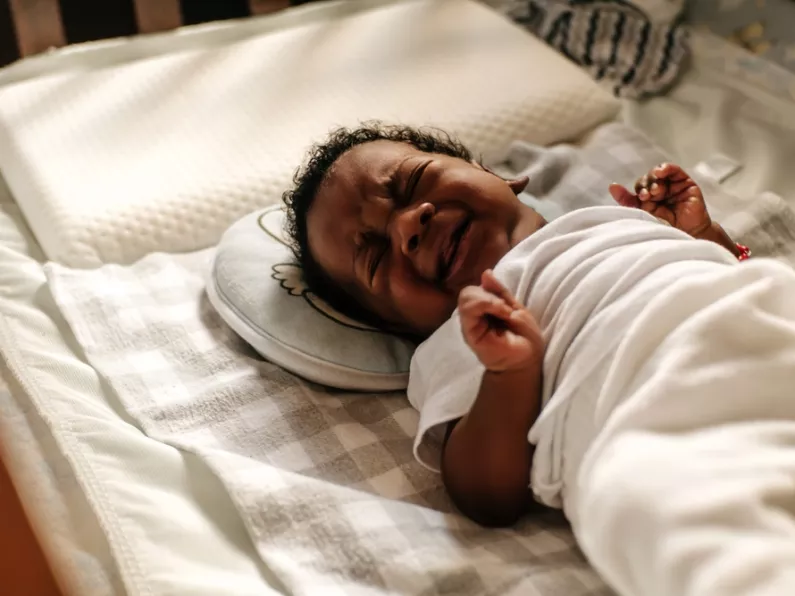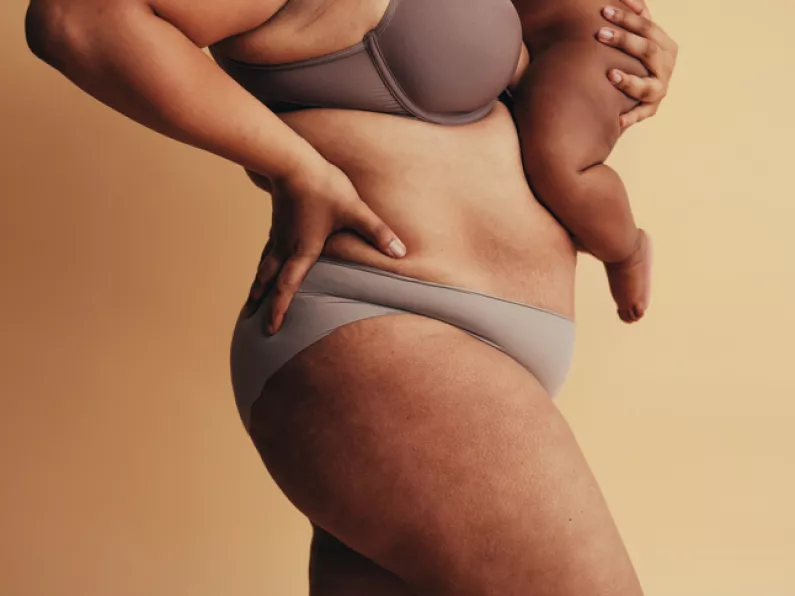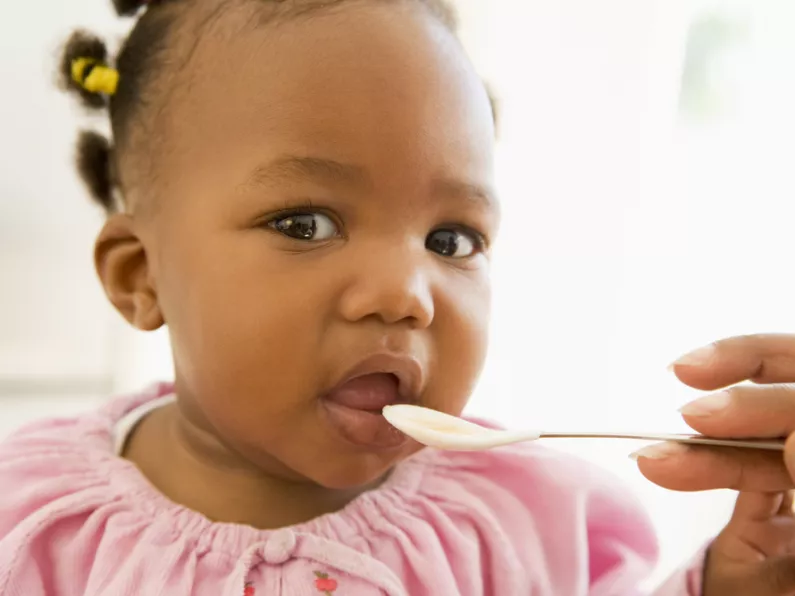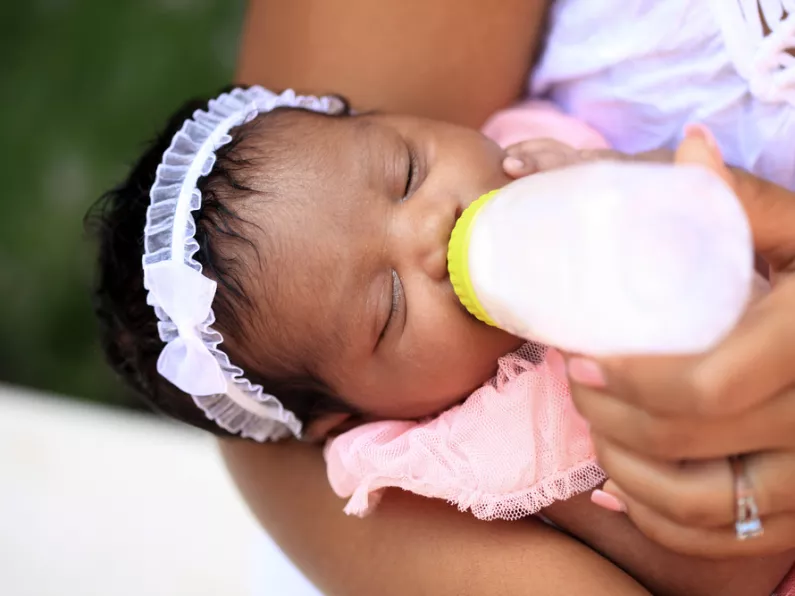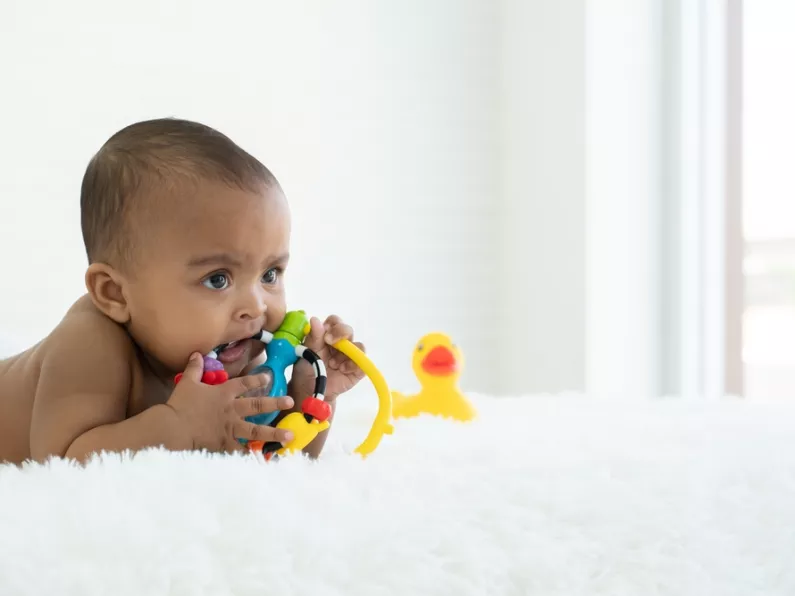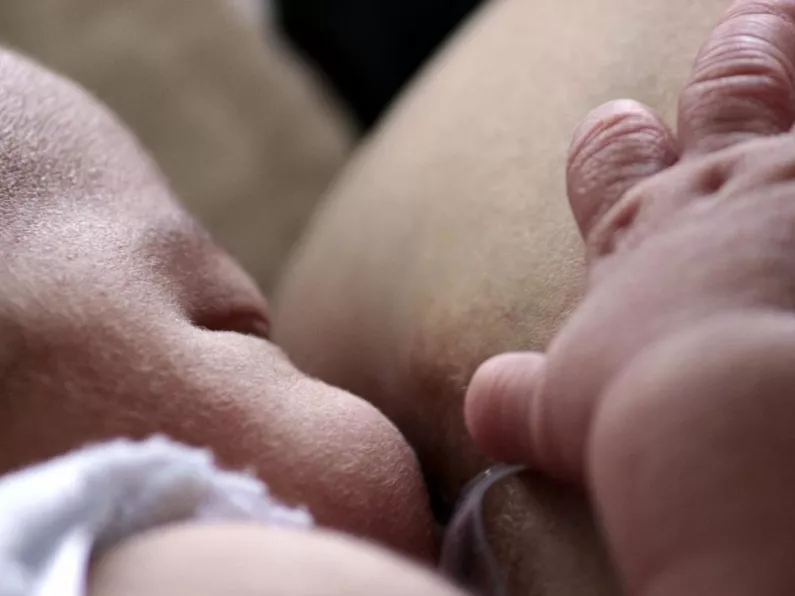Is being a 'bad sleeper' in your child's DNA?
A genetic predisposition for sleep problems such as insomnia has been found repeatedly in studies of adults.
And now the first study of its kind has found evidence that genetically being more prone to being a “poor sleeper” can also be found in babies.
Children genetically predisposed to insomnia had more insomnia-related sleep issues such as difficulty falling asleep or frequently waking up during the night, according to the study published in the Journal of Child Psychology and Psychiatry.
We're sorry to have to break this to you mom, especially if you have a child who wakes constantly throughout the night, or struggles to get to sleep at bedtime.
But the good news is that a good bedtime routine and healthy sleep hygiene can still make a difference, experts said. So there is hope!
Is being a bad sleeper in your child's DNA?
Overall, the results of the study may indicate that children of parents who sleep poorly may be particularly vulnerable for sleep problems, according to the authors.
The authors studied 2,458 European children, about half of whom were girls, involved in the Generation R study, which recruited pregnant women with a due date between 2002 and 2006 so their children’s health could be measured from fetal life through adulthood.
In the Generation R study, experts collected DNA samples from blood of the umbilical cord or from the children when they were six years old.
When the children were ages 18 months, 3, 6 and between 10 and 15, their mothers shared details on their sleep health - such as whether they had trouble falling asleep, slept less than most children or often woke up throughout the night.
Some participants (975 of them) also wore sleep-tracking watches for nine days twice between ages 10 and 15.
The authors found a genetic predisposition to the development of insomnia in kids was associated with insomnia-like symptoms reported by their mothers, but those symptoms weren’t detected by the sleep trackers, as these are more objective.
That could be because sometimes some people — in this case the study mothers tracking their kids’ sleep — have the perception of insomnia even when they’re not actually lacking sleep in terms of quantity, said Dr Amita Sehgal, director of the Chronobiology and Sleep Institute of the University of Pennsylvania Perelman School of Medicine, who wasn’t involved in the study.
The quality of sleep may just not be good enough.
What can I do?
Examples of good sleep hygiene include ensuring your child has finished eating a few hours before bedtime and darkening their bedroom as much as they’re comfortable with when they go to sleep.

